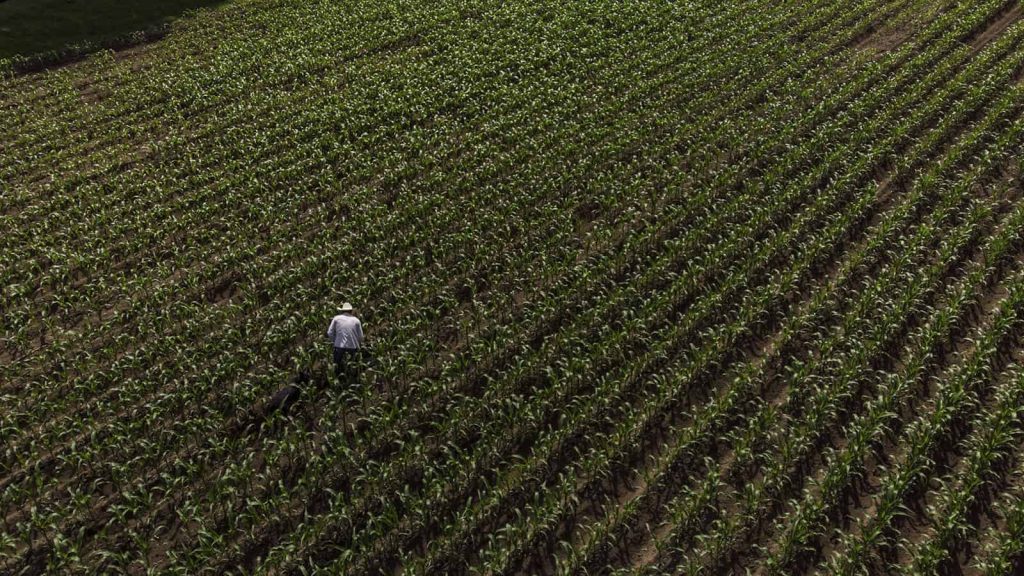The world is facing a crisis. In December 2019, news broke of a new coronavirus infecting people in the Wuhan province, China. In April 2020, over 200 countries and territories around the world are fighting to stop the spread of COVID-19, with over two million confirmed cases worldwide. The unimaginable has happened. The worst-case scenario is here. And it brings to the forefront another upcoming crisis: that of our earth.
During this unprecedented time, we have to remember that our climate is in danger too. On this International Mother Earth Day, we want to think about what we can learn from this crisis, and how we can move from here, toward building a better, more solidary, resilient and sustainable world.
For years, we’ve been aware of the impact we are having on the environment. Also, we are well aware of the fact that we’re reaching a critical moment. The facts are right in front of us. We know that the weather is getting hotter, water is running out and ecosystems are disappearing. And we also know that there is now more carbon dioxide in our atmosphere than at any time in human history. How, then, can we continue to look the other way? Things have to change. And they have to change now.
As we have said before, it’s all a team effort. It’s up to each of us to find ways in which we can take action toward helping our environment. Here at Sistema.bio, we focus on agriculture as our main playing field for change. Agriculture and food production make up for a huge chunk of the world’s greenhouse gas emissions, not to mention the huge role it has in deforestation and water consumption. Research shows us that a small transition in agricultural practices would be enough to reverse climate change. For ten years now, we’ve worked towards that transition. We focused our work on what we believe to be the two key players of environmental change: small farmers and clean energy technology.
Small farmers feed the world. Now more than ever, we are aware of how much we need them. When this crisis is over, we want the focus to remain on them. Not only do we need them to feed us, but we also need them to save the earth. Through clean technology such as biodigesters, farmers can create their own energy, making their farms energy independent, while reducing their greenhouse gas emissions. Through the use of organic farming input such as our organic fertilizer, farmers can take better care of their lands, leaving forests intact for the billions of species that need it.
Food production does not have to mean world contamination. On the contrary, sustainable production and consumption of food could mean a better world for everyone. That’s what we want, and that’s what we will continue to work for.
The timeline of the environmental crisis may be slower than the one we’re facing now, but it’s not at all less critical. We must act now before these sorts of situations become the new normal.
On this International Mother Earth Day, we invite you to imagine the world you want to build once all of this is over. Speak up, demand your governments to make the environment a priority. Educate yourself, inform others, share information, and discuss the possibilities. Take action. It’s now or never.
